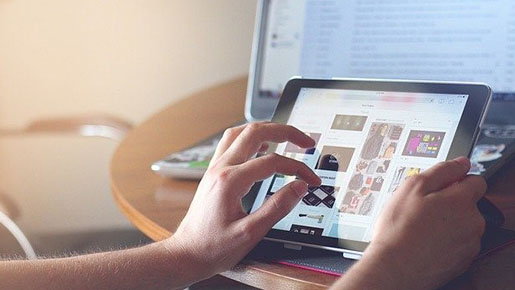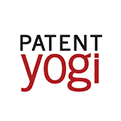Given that more and more information is accessible remotely and online, it is becoming more crucial that you protect yourself when surfing the internet. You don’t want to become a victim of identity theft, credit card fraud, or worse. The internet is a great place for people to share information, but it can also be hazardous. You need to know the dangers that exist and how you can protect yourself from them. If you want to live an online life without having anything happen to you, here are some things that we recommend.

Install antivirus software on your computer
Never visit websites or download files unless you are sure that they are safe. If you don’t trust the source of it, do not download it. Often we get suspicious links through messengers from our friends that contain viruses or malware. If you don’t know the source of it, do not click on it. In addition to being cautious, ensure your software by installing an antivirus for 2022 as malware and viruses are constantly being updated. Choosing a good antivirus will depend on your needs, but make sure it provides device security and online privacy.
Change your passwords regularly
People should change their passwords regularly because it is a good way to protect themselves from identity theft and credit card fraud. If you use the same password for multiple websites, then a hacker only needs to crack that one password to gain access to all of your accounts. But if you have different passwords for each website, then they would need to crack each password, which is much more difficult. In addition, by changing your passwords often, you are thwarting hackers who may have already obtained your old passwords.
Use complex passwords that are hard to guess
Using complex passwords makes it harder for hackers to gain access to your accounts. You want to avoid using words that are found in the dictionary because they can be hacked very quickly by a computer program or script that generates millions of possible password combinations. Instead, use different letters, numbers, and symbols. Use something meaningful to you, like a date or word but remember to combine it with a combination of upper and lower case letters and symbols. This is a lot easier to remember than something like c@%r$3, and it’s much harder for a computer program or script to crack.
Keep sensitive information safe
When you share personal information such as your address, phone number, and social security number with people online who you don’t know, you are putting yourself at risk. You never know who will use that information for illegal activities or sell it on the black market. That is why you should only share this kind of information with people you trust like family and friends.
Protect yourself while using online banking
Your bank provides security features to protect its customers’ information online. But, even with these security features, you still want to protect yourself by never using public computers or internet cafes when logging into your accounts. Hackers often use keyloggers—a device that records every keystroke you make—at public places like internet cafes and coffee shops to steal passwords and personal information.
Use a firewall to protect yourself from hackers
A firewall is a device that protects your computer from hackers. A firewall will alert you when someone attempts to gain access to your device, and it can stop them from hacking into your system. If someone does manage to get past the firewall, they cannot do any damage until they try logging in as an administrator, at which point the firewall will notify you. Even with a firewall, you still want to regularly install updates and patches to ensure that your system is secure.
Install a pop-up blocker
If you use Google Chrome, Mozilla Firefox, or Microsoft Edge, you can download a free pop-up blocker to protect yourself. Pop-ups are advertisements that often contain malware and viruses. If someone clicks on the ad (even if it is not in your browser), then their device could become infected with malware or viruses before they even realize what happened. This is because cyber-criminals often purchase ads on popular websites to reach as many people as possible.

By following these easy steps, you can protect yourself and your personal information from hackers. While it is important to regularly change passwords and use complex ones that are hard to guess, make sure not to share sensitive information with people online who you don’t know. Use regular updates for all software apps that help your privacy stay protected, and download a pop-up blocker to keep yourself safe from dangerous advertisements.


